Dengue shot up by 225% in Malaysia since 2013?! This mosquito expert explains WHY
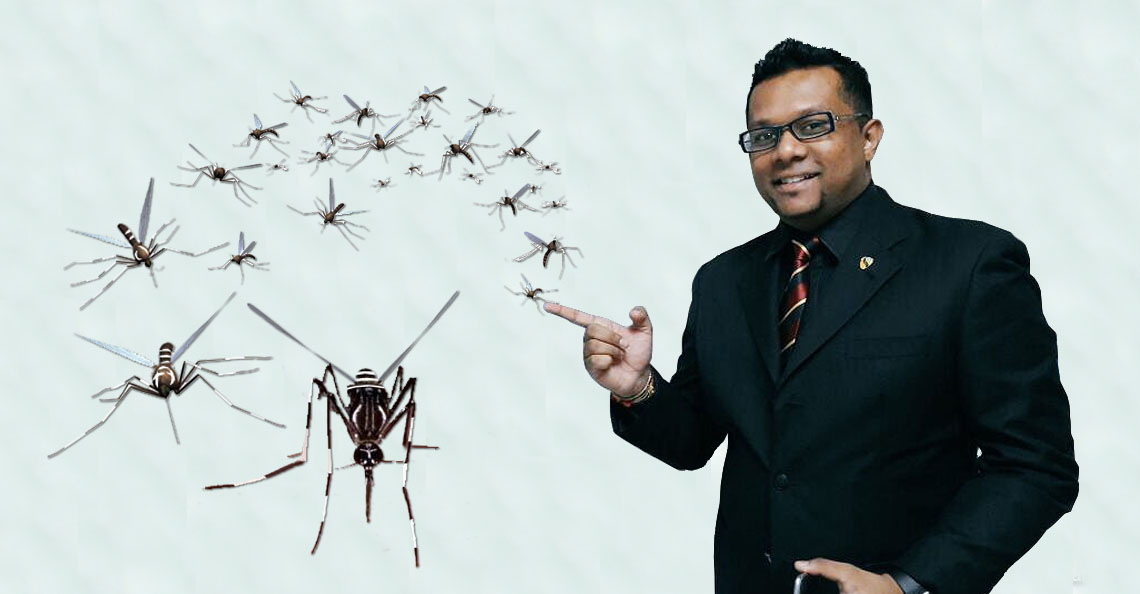
- 2.4KShares
- Facebook2.3K
- Twitter24
- LinkedIn26
- Email15
- WhatsApp58
How many of us have gotten dengue or know someone who has gotten dengue?
Hang on, why does this poll seem so familiar? That’s because one year ago, we published an article asking you guys the same question… You know what’s the No.1 answer?
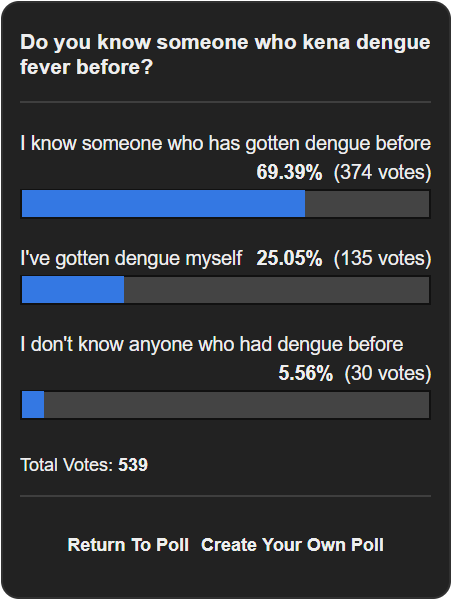
Chances are, for the new poll, the results could be the same – that most of us would know someone who has been infected with dengue, and many people would have had dengue themselves too. Welcome to the dengue club! [P/S: We’ll update the article with the new results after a while.]
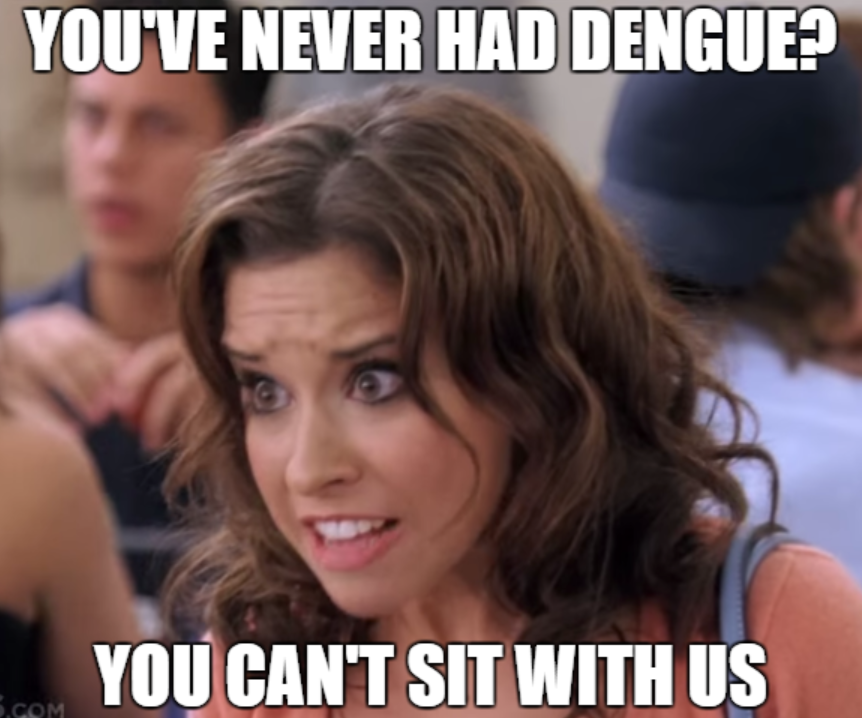
Nowadays, getting dengue is as about as common as eating rice. Mozzies are in your bedroom, in your car park… everywhere you turn, there’s always this annoying, high-pitched zzzZzzZZZzzZZzzzZzZ, you just wanna GAAAHHH. Did you know that dengue cases have increased by a whopping 225% in Malaysia since 2013? Daheq. Seems like our country has been plagued with dengue for ages, WHY is it that we just can’t beat dengue?
CILISOS met up with Dr. Dhesi Raja, Medical Doctor at the Institution of Medical Research (IMR) – Ministry of Health and Chief Scientific Officer of Artificial Intelligence in Medical Epidemiol.
We are only killing mosquitoes while breeding grounds still thrive
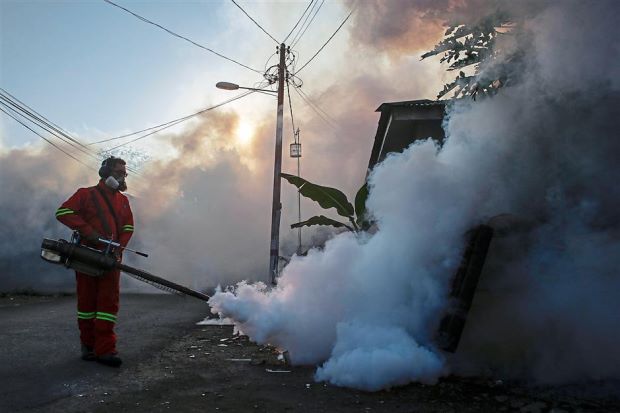
The first ever dengue case recorded in Malaysia was in 1902 in Penang. 115 years on, we’re still fighting this invisible enemy (literally it’s like we can’t see what we’re punching we keep missing the target because it’s just.not.going away). As of June 2017, there are approximately 48,092 cases and 107 deaths so far, Dr. Dhesi revealed to CILISOS. So what is being DONE about the situation?
“We have a good outbreak response. We send our health inspectors to identify those areas, whether there is high AIBI – this stands for Aedes index – if it is high, we carry out fumigation, larviciding programs, as well as health awareness.” – Dr. Dhesi explained to us
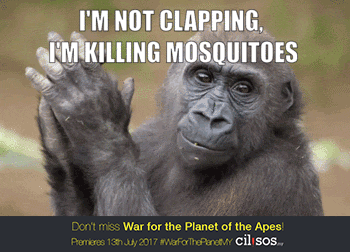
But these days it seems every day the authorities are fogging and fogging until our houses and condos look like misty Cameron Highlands. (Dunno about your areas, but at least where the CILISOS office is located, they fumigate quite often). Yet, Malaysians still fall sick from dengue. Dr. Dhesi gives us the horrible reason why fumigation is no longer an effective method, though some of us probably know this… mosquitoes are super Saiyan-ing!
“They’re continuously modifying their behaviour and adapting to new drugs or chemicals that we’re using. That’s why it’s an uphill battle.” – Dr. Dhesi told us
The more we fumigate, the more resistant mosquitoes become, just as bacteria can become resistant towards antibiotics. One way to counter this is by rotating insecticides every 6 months, the Institute for Medical Research Malaysia’s Infectious Diseases Research Centre (IDRC) suggested – so Jan-Jun Chemical X, Jul-Dec Chemical Y, and so on. BUUT aiya we cannot be relying totally on fumigation, said the expert.
Fumigation only kills the adults, however we need to be focusing on the babies.
So the government employed a ‘military’ tactic to kill baby mosquitoes
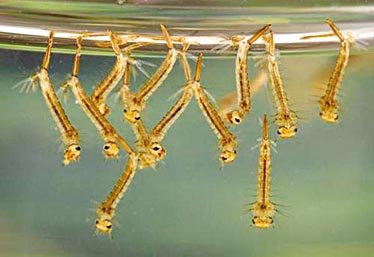
If we only focus on killing adult mosquitoes, the eggs and larvae are still gonna be around and they’ll grow into adults. Worse, if an adult mosquito infected with the virus lays eggs, the virus might pass on in the offspring. But if you remove the breeding ground, you are actually stopping the chain there, explained Dr. Dhesi.
So the Government is now beginning to employ a military tactic called S&D. Wuut? S&D stands for Search and Destroy. Basically they aim to search for breeding grounds and destroy them. In November 2015, the Health Ministry (MOH) launched a massive nationwide S&D gotong-royong. Using larvicides, throwing away air bertakung and generally just cleaning up an area are the best ways to kill mosquito eggs and larvae.
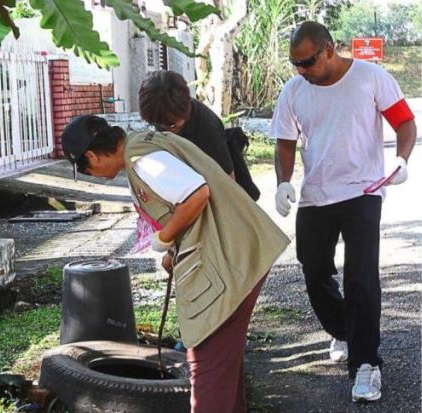
There is so much spotlight on dengue and MOH, but in order to fight dengue it’s not just one Ministry’s duty, because it’s more of an environment problem. There is really no point discussing mosquitoes when the municipality or town planning just approves five high rise buildings in one small area which doesn’t even have a proper drainage system, for example, said the expert.
“Every Malaysian, every community should take care of their environment, at least within a 200m-400m radius of the neighbourhood. The ketua kampung, or the head of the condo should take responsibility. I think there should be a Head of Programme within a community, so that they can take charge of their own areas.” – Dr. Dhesi proposed
Majority of the cases (70-80%) are reported in urban areas, according to him, so at least we know WHERE to start S&D-ing.
What if we told you there’s an app that can narrow down where mozzie babies are hiding?

GREAT! Makes our job even easier! What app is this? Dr. Dhesi and his team created the the Artificial Intelligence and Medical Epidemiology app, or AIME (pronounced Amy), which can predict where dengue outbreaks will happen 3 months in advance. In fact, if you have the app on your phone, it can beep to warn you when you enter a dengue hotspot!
“I love the word ‘predict’. All the while we have been reacting to contain a disease. But we have never taken a good approach of predicting to stop the disease. So we need to understand where are the high risk predicted sites and focus more on S&D approach.” – Dr. Dhesi
Yep, some of you might remember that we wrote about AIME one year ago when it was in its formulating stages, but it’s available now on Play Store.
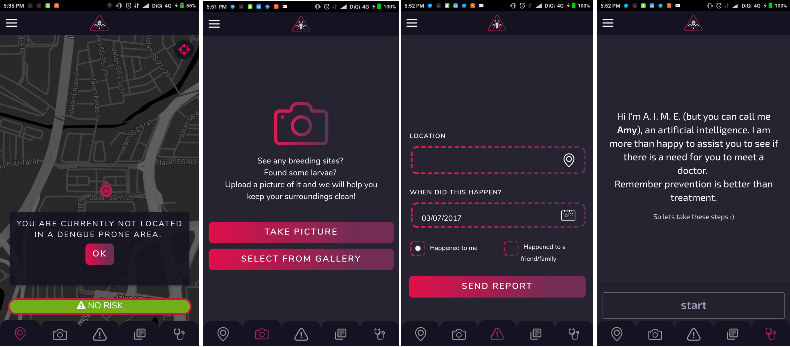
How does the app know where a dengue outbreak could potentially happen? Well, it has a smart algorithm which can calculate the probability based on several factors – the presence of lakes and construction sites, wind speed and direction, rainwater volume, temperature, moisture, sun radiation, thunder, landed homes and condos, ratio of confirmed dengue cases and symptoms.
Largely, AIME empowers users to help its predictions. Users can report on dengue incidents in their vicinity, infected cases and the breeding spots if they see any. Kinda like how Malaysian drivers help other drivers by reporting police roadblocks. 😛
The app is not going to help just Malaysia, it’s going to help the world
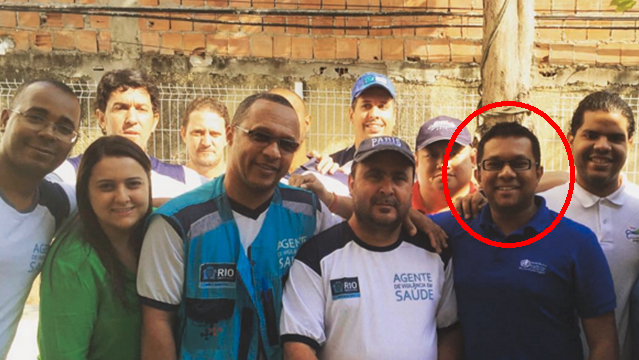
Malaysia is not alone when it comes to struggling with dengue. In the 1970s, only 9 countries were affected by dengue. Today 128 countries are affected. In terms of trend, almost 2.5-3 billion people are globally at risk, according to Dr. Dhesi.
“Those were the days we never hear of Zika cases happening in North America. We see how Japan and South Korea are having dengue cases now. Mosquitoes were usually found the tropical areas but now they’re moving towards the northern countries as well.” – Dr. Dhesi
Why is this happening? Because of international travel. It’s known that mosquitoes can travel in our luggage and pockets, heck they can enter airplanes and ride for free, those bloodsuckers.

Argh, why are they so resilient, why do have to multiply so fast?! If you’d like to understand more about how these pesky buzzers can survive a fogging apocalypse, there’s a documentary called ‘Mosquito’ on Discovery Channel. The documentary explores how mozzies have made their bitemark in so many countries today and some of the newer, more controversial methods of eliminating them 😯 And it’s narrated by Hawkeye (Jeremy Renner)! It’s showing tomorrow night, 6 July at 10.50pm on Astro Channel 551 if you’d like to watch it.
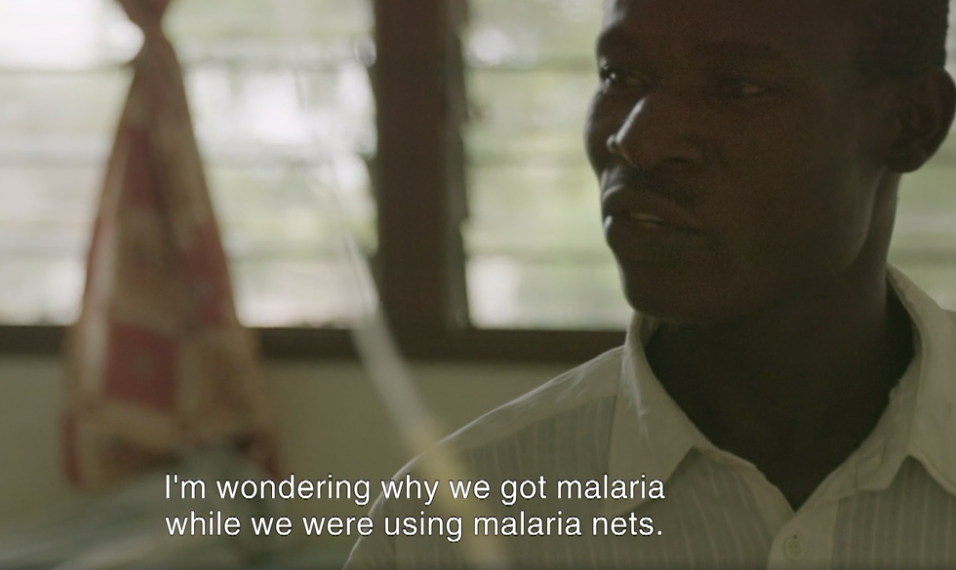
So here’s where AIME comes to the rescue. Having been successfully tested in 3 countries – Malaysia (KL), Brazil (Rio de Janeiro) and the Philippines (Manila), it’s going to be used by Governments to protect people globally. Malaysia gets first dibs of course! As Malaysians, we’re sure we can all be proud of this app. Currently, our own gomen and medical experts are using the more sophisticated online version, while average users can download the mobile app.
And you know what? The Brazil government invited Dr. Dhesi to use AIME in preparation for the Rio Olympics two months beforehand. Satisfied with the results, the government wants to also implement the app in hospitals and clinics in Rio now. #MalaysiaBoleh
So now we’ll end this article with the same question we asked in our previous article…
Can we finally beat dengue in Malaysia?

Can this app do what we’ve couldn’t do with other methods do for years and years and finally put an end to dengue in Malaysia? Maybe. But ultimately it does fall back to the community to act. If you know of a neighbour who kena, you can report your area… if you spot a breeding ground somewhere, you can snap a picture of it and report it. Only then would the authorities know which specific area to expend their manpower.
As homeowners we can also make sure our own areas don’t become mosquito breeding grounds by checking these common places where water can collect and become stagnant. As a tip, try to clean those areas weekly because that’s more or less how long it takes for eggs to become adults. If it’s too mafan then it’s best not to have spaces where water can collect at all, or you could put netting over them, or pour a layer of oil over the water.
So if we don’t act to prevent mosquitoes from breeding at all, the war on dengue will never be won.
- 2.4KShares
- Facebook2.3K
- Twitter24
- LinkedIn26
- Email15
- WhatsApp58



